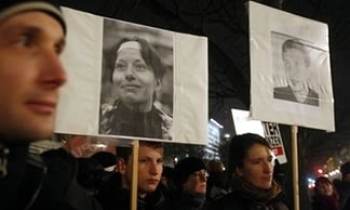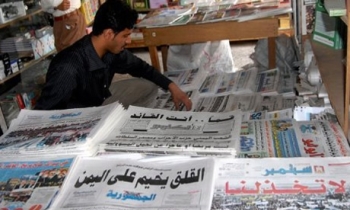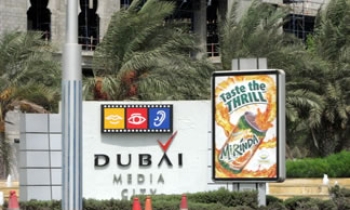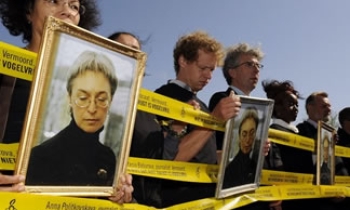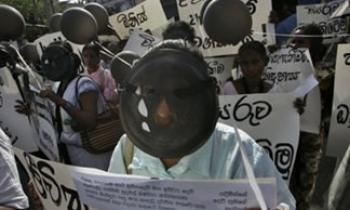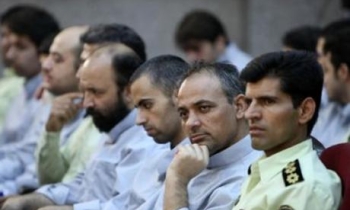In an historic move, the Government of Sri Lanka and two of the country’s leading political parties have offered broad support to reforming the country’s media in moves aimed to have all media institutions embrace public service values.
Public service values in media are an essential part of the peace-building and reconciliation process and for reconstruction and rehabilitation after the destruction of the 2004 tsunami. Public service values acknowledge the respect for truth, respect for the public’s right to know, and respect for the rights of others.
The changes are the culmination of a year-long process first suggested by Sri Lanka’s five leading journalists associations, the Sri Lanka Working Journalists Association, the Federation of Media Employees Trade Unions, the Tamil Media Alliance, Muslim Media Forum, and the Free Media Movement.
On Wednesday this week (June 28), civil society organisations also adopted the changes by unanimously endorsing a declaration appealing for a series of wide-ranging reforms. See the accompanying document”: Public Appeal for Public Service Media.
Yesterday (June 29), Sri Lanka’s Prime Minister Rathnasiri Wickramanayake said: “We give our support to discussion. We will follow this up.” Earlier, the Minister for Information and Media, the Honourable Anura Priyadarshana Yapa said he would also consider the proposed reforms. The Minister has already appointed a committee to develop media reform proposals and has agreed that a member representing the five journalist associations sit on the committee.
The Deputy Leader of the Opposition Karu Jayasooriya said the UNP had no difficulty with the proposed reforms and gave them its broad support. He added that he hoped all Sri Lanka’s political parties would embrace media reform in a bi-partisan process, and he strongly encouraged a timeline be determined for a quick adoption of the reforms.
The Vice-President of the Ceylon Workers Congress Ramiah Yogarajan said the CWC was very much in favour of media reforms and hoped that the major political parties would agree to their implementation.
Meetings with the Sri Lanka Muslim Congress and Tamil National Alliance had to be postponed but it’s hoped that follow-up meetings with them will be arranged as soon as possible to discuss the reform proposals.
The reform process was initiated by a national meeting of journalist organisations at Tholangamuwa in September 2005. The associations came together in a landmark meeting to form a common approach to adopting public service values in media. This then led to the creation of the Media Charter in November 2005 by each of the five journalists organisations – more than 30 provincial journalist associations have subsequently supported it.
The next stage of the process was to encourage public support and the involvement of civil society organisations. This was done with the support of a European Union project to share the public service media experiences of Europe with Sri Lanka, facilitated by the Centre for Policy Alternatives.
The expert mission, conducted in Sri Lanka this week, consisted of the International Federation of Journalists (represented by IFJ president Christopher Warren), and its affiliate organisations, the National Union of Journalists of United Kingdom and Ireland (represented by Patricia Holland), and the FNSI - the Italian National Federation of Journalists (represented by Pino Rea).
The mission met with state media journalists, news editors, chairmen and management; as well as civil society activists and prominent advisers, and the politicians.
The mission welcomes the political and civil society support for reform and encourages the speedy adoption of the proposals.

